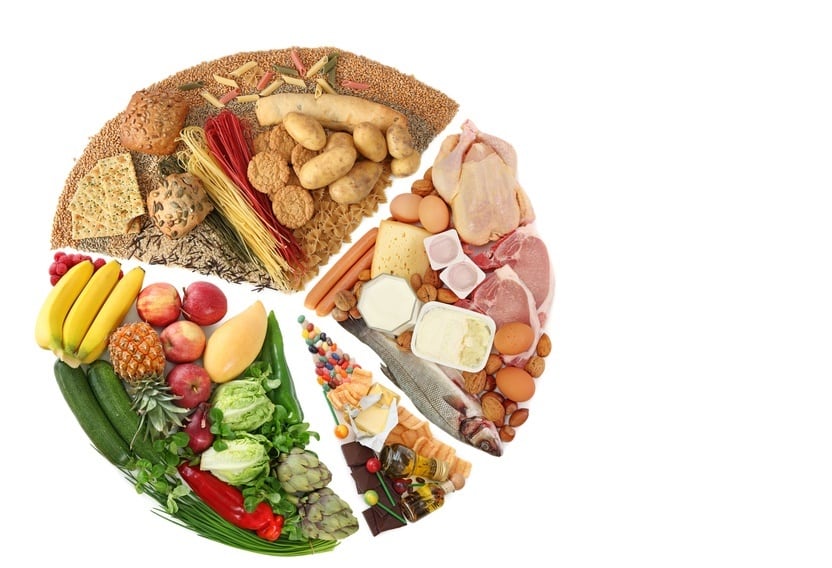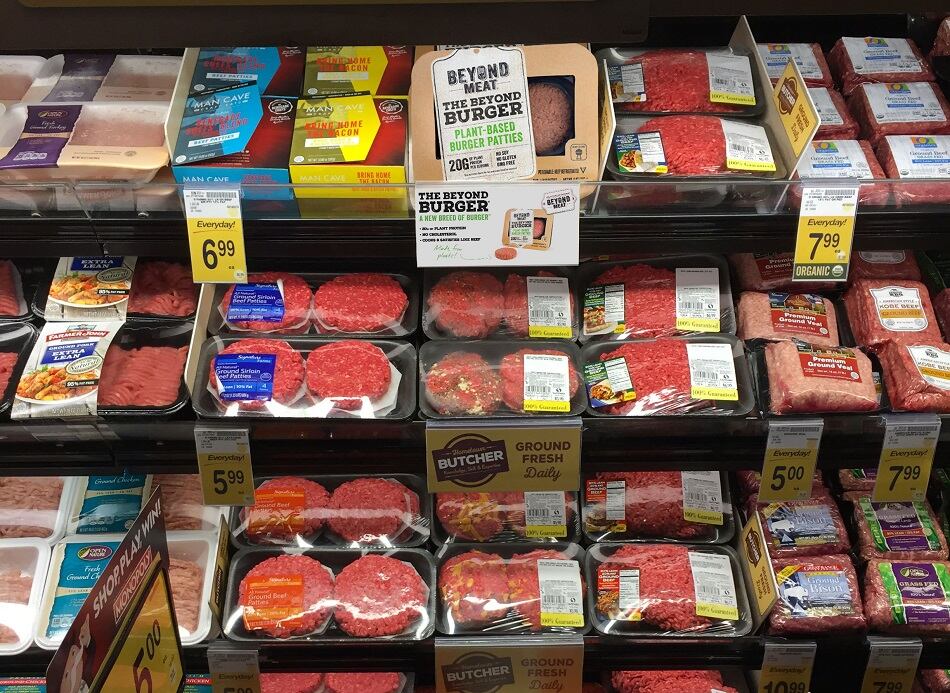The US star’s new diet plan, called 22 Days Vegan Nutrition Plan, has been criticised by nutrition professionals as a potentially “dangerous” diet that could lead to “nutritional deficiencies”.
The singer’s plan was posted on her YouTube channel. The crash diet that promises weight loss in 22 days was created by her personal trainer, Marco Borges, described as Beyoncé's friend, trainer, exercise physiologist and New York Times Best Selling author.
The plant-based diet cuts out carbohydrates, sugar, fish, meat and alcohol. However, dietitians warned it cuts out essential nutrients and has too few calories. Beyonce’s diet contains just 1,400 calories a day, well under the 2,000-a-day the NHS recommends women consume.
A spokesperson from the British Nutrition Foundation told FoodNavigator: “When it comes to weight loss, different approaches suit different people but fad diets that restrict whole food groups or require you to cut out a lot of foods from the diet risk low intakes of essential nutrients. When losing weight, it’s even more important to eat a balanced diet so that you can get all the nutrients you need from fewer calories. While celebrities may have an entourage of staff to monitor their health, this isn’t the case for most people who may try these diets.”
Charlotte Stirling-Reed, a UK-based registered nutrition tweeted: “I’m absolutely not against plant-based eating, but I think what she’s suggesting is unhelpful, unsustainable for many and potentially quite dangerous!”
Rebecca McManamon, a consultant dietitian and spokesperson for the British Dietetic Association, told FoodNavigator: “Any kind of diet that eliminates large groups of foods needs careful planning to make sure nutrients aren’t lacking in the diet. For example, most of us in the UK don’t consume enough oily fish so to eliminate would make it difficult to reach required intakes of Omega 3 Fats.
"Likewise, eliminating dairy makes it hard to meet calcium and Iodine intakes, with inadequate Iodine in the UK being linked to negative impacts on brain development in pregnancy, and many women not planning pregnancies, it highlights the danger of ‘celebrity’ diets, particularly targeting young women.”
The charity BEAT estimates around 1.25 million people in the UK have an eating disorder and restrictive diets can promote disordered eating behaviours.
“Beyoncé is quoted as saying she is hungry, which is not a healthy eating behaviour if caused by the restrictive nature of the diet,” added McManamon.
“For the food industry it is really important to maintain integrity by ensuring that they are not promoting restricted diets. It is crucial such ‘fad ‘diets are not portrayed as ‘healthy’ diet advice.
"Many registered dietitians specialise in working with the industry to ensure evidence based messages are conveyed, and any claims around health are in line with the European legislation.”
Earlier this year, Britain’s top doctor said that social media companies should ban “damaging” celebrity-backed diets, which have a negative impact on young people’s health.
Prof Stephen Powis, NHS medical director, said: "If a product sounds like it is too good to be true, then it probably is. The risks of quick-fix weight loss outweigh the benefits, and advertising these products without a health warning is damaging. Highly influential celebrities are letting down the very people who look up to them, by peddling products which are at best ineffective and at worst harmful. Social media companies have a duty to stamp out the practice of individuals and companies using their platform to target young people with products known to risk ill health.”



